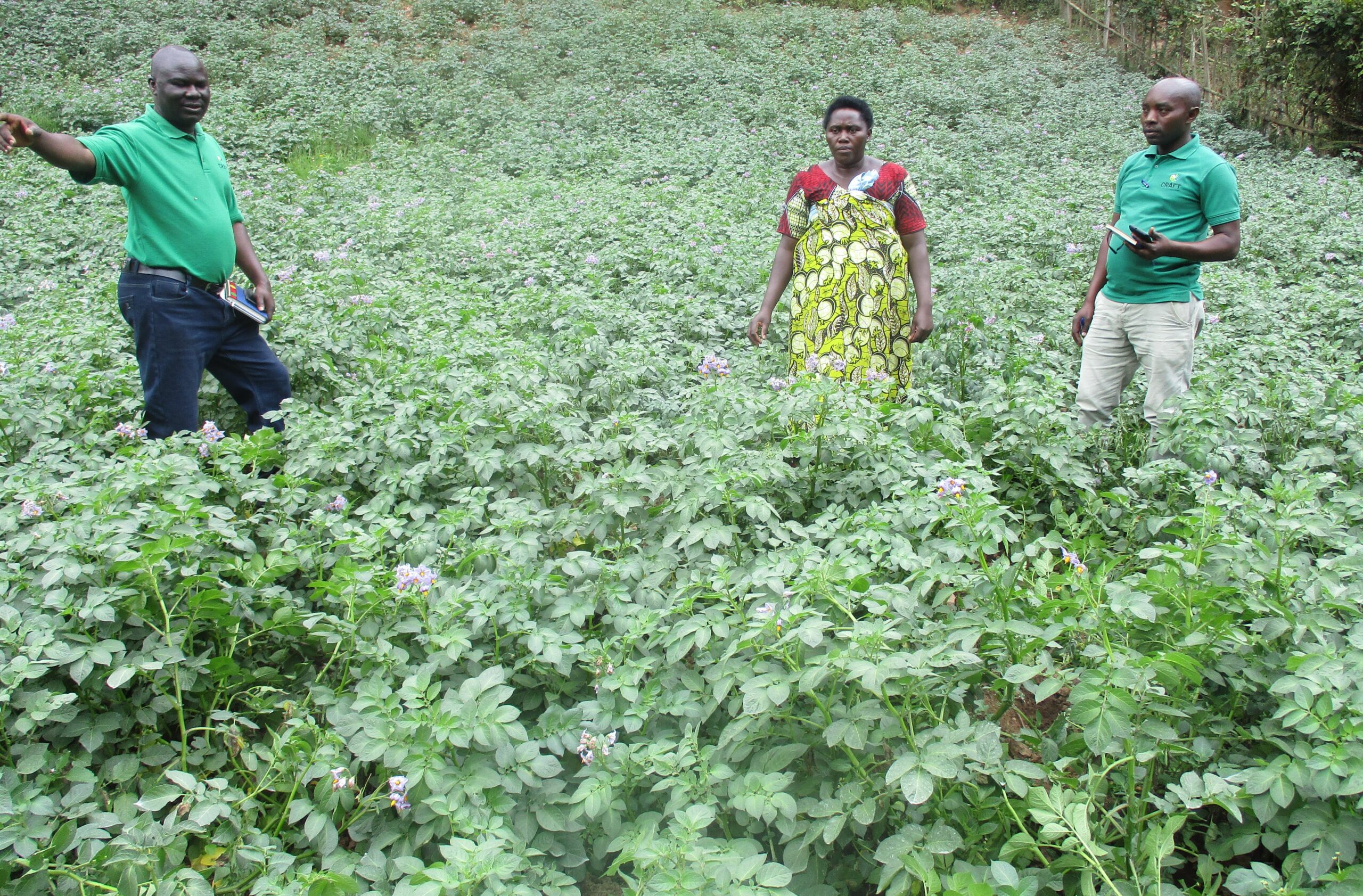Ecological farming is a holistic and sustainable approach to agriculture that emphasizes the interconnection between farming practices, the environment, and the community. Unlike conventional methods that often rely heavily on synthetic chemicals and monocultures, ecological farming prioritizes biodiversity, soil health, and minimal environmental impact.
Principles of Ecological Farming
- Biodiversity
- Encourages diverse crop species and intercropping systems to create a balanced ecosystem.
- Promotes the use of companion planting to naturally deter pests and improve yields.
- Soil Health
- Practices like crop rotation, composting, and reduced tillage maintain and enhance soil fertility.
- Avoids chemical fertilizers, instead relying on natural amendments such as manure and green cover crops.
- Water Conservation
- Implements efficient irrigation systems like drip irrigation to reduce water wastage.
- Promotes rainwater harvesting and maintaining natural water cycles.
- Pest Management
- Employs integrated pest management (IPM) techniques using natural predators and organic solutions.
- Avoids synthetic pesticides, reducing harm to beneficial insects and wildlife.
- Climate Resilience
- Utilizes farming methods that enhance carbon sequestration in soils and plants.
- Focuses on climate-adaptive crops and practices to mitigate the effects of climate change.
- Community and Ethics
- Supports small-scale and local farmers, ensuring fair trade practices.
- Encourages community participation and knowledge-sharing for collective benefit.
Benefits of Ecological Farming
- Environmental Protection: Reduces pollution, conserves natural resources, and supports wildlife habitats.
- Improved Food Quality: Produces healthier, chemical-free food.
- Economic Sustainability: Lowers input costs and fosters resilience against market fluctuations.
- Social Equity: Supports local communities and promotes equitable food systems.
Key Practices in Ecological Farming
- Agroforestry: Integrating trees and shrubs with crops and livestock.
- Organic Farming: Using only natural inputs and avoiding synthetic chemicals.
- Permaculture: Designing self-sufficient and sustainable farming ecosystems.
- Polyculture: Cultivating multiple crops in the same space to enhance biodiversity.
- Regenerative Farming: Focused on rebuilding soil health and restoring degraded lands.
Ecological farming is more than a method; it’s a movement toward a sustainable future where agriculture nourishes people while preserving the planet for generations to come.

